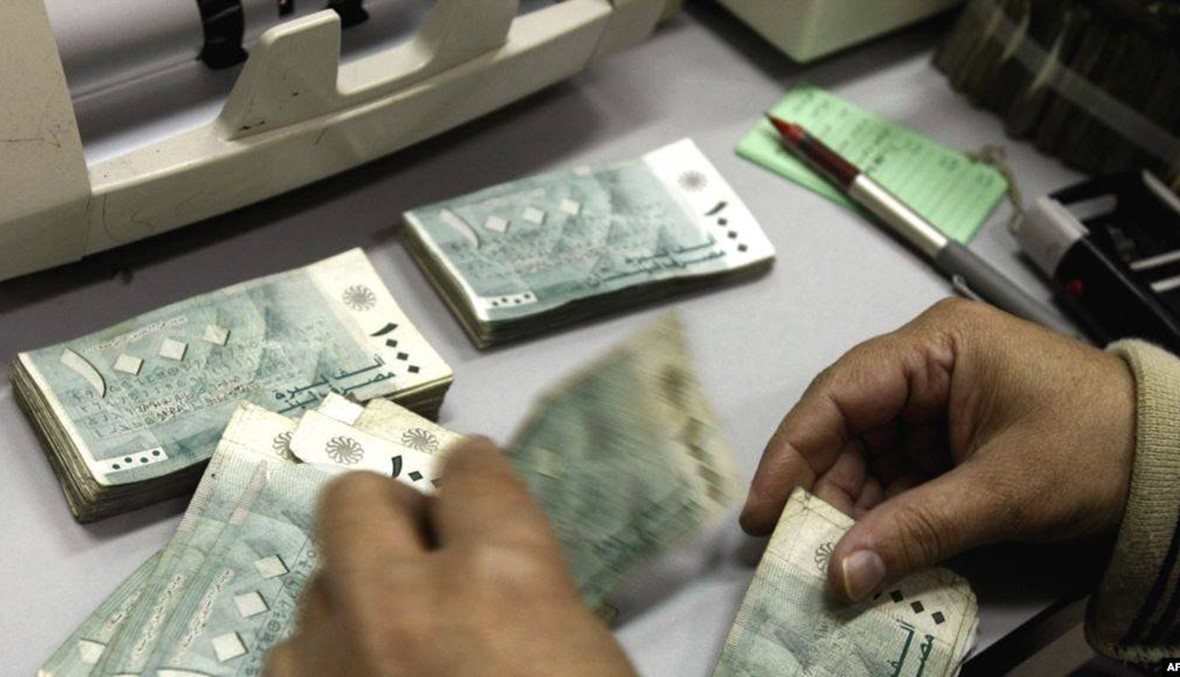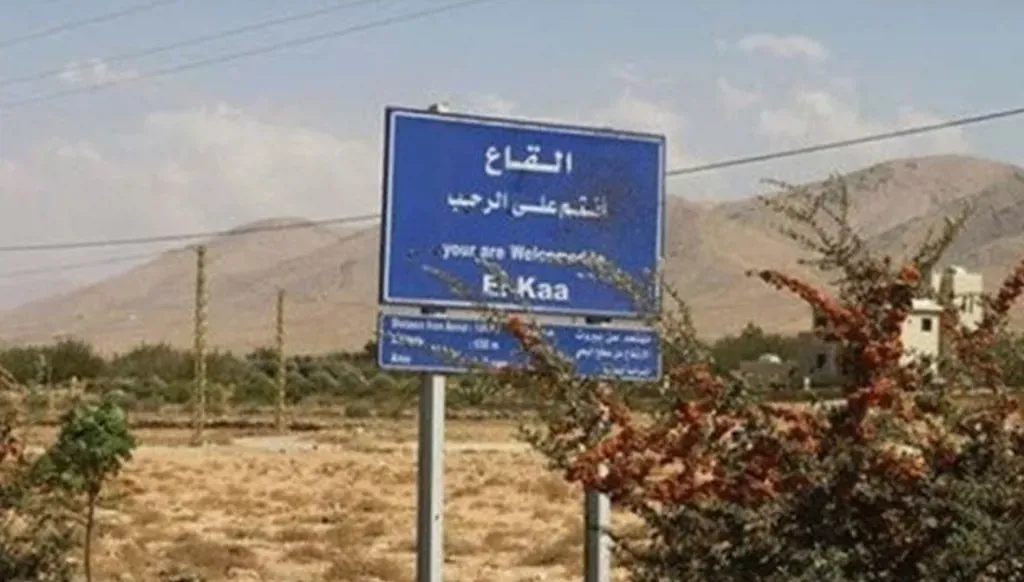
Ever since banks were founded, they have been automating consumer transactions commonly for the reason of cost and efficiency. Banks have shifted their interest from a cost reduction one to enhancing customers’ overall banking experience that fits effortlessly into how they live and manage their money.
Consumers, on the other hand, still see the physical branch as a highly relevant and vital component of their financial lives. For that reason, they want a brick-and-mortar experience that merges with technology to be able to have a human interaction within a digital, interconnected environment.
A brick-and-mortar experience gives consumers with a level of trust built on by preserving human interactions as well as an experience they will keep coming back for. To achieve that, banks need to redesign the physical look and feel of their branches to better address the fast-paced needs and demands of today’s consumers.
In Lebanon, most financial transactions are done at the physical banks; however, banks do provide their clients with the ability to perform some transactions on their mobile applications.
Because banking services require a high level of trust, consumers feel more comfortable connecting with human representatives when making financial decisions. Branches deploying human bankers give a more tangible and real feeling to customers assuring them that their money is safe thus projecting that banks are traditional, trusted, and secure.
Additionally, Lebanese banks are now being challenged to innovate at a faster rate to keep up with the rapidly changing customer demand, according to Efma. Banks are utilizing different digital banking services that provide quick solutions such as mobile banking, ATMs, and/or online banking as well as services that provide qualified and expert advice such as chatbots and robo-advisors.
This year, Bank of Beirut launched their digital service, DiGi, where clients can use a complete suite of digital services easily, safely and paperless via advanced digital technologies.
A year before that, Bank of Beirut launched the Hybrid concept where a customer’s participation is facilitated by a seamlessly integrated phygital (physical and digital) experience converging between digital services and classic physical banking transactions offering customers a glimpse of the future of banking.
A few years back, Bank Audi launched their NOVO branches, an interactive banking experience that deploys interactive solutions for a comfortable and user-friendly banking experience. Such a branch consists of an advisory room, smart ATMs, and interactive teller machines (ITMs) to best suit their clients’ needs.
S17, a unique new branch concept by Saradar Bank, was launched earlier this year combining the practicality of a digital bank, the convenience of a co-working space, and the sociability of banking advisors. The concept offers consumers with expert support at their disposal, digital self-service channels, and the amenities of a co-working, networking, and meeting space.
Reinventing traditional banks today is a vital step to allow for their continuity as an advisory service hub that incorporates digital services and specialized bankers with the necessary sales and service skills to produce a unique experience.
Make sure to catch industry leaders from Saradar Bank, Bank Audi, Bank of Beirut, and BLOM Bank delve into banking innovation and digitization in Lebanon at this year’s Arabnet Beirut Finverse Forum.





 مسنجر
مسنجر
 واتساب
واتساب
 ثريدز
ثريدز
 بريد إلكتروني
بريد إلكتروني
 الطباعة
الطباعة
 تويتر
تويتر
 فيسبوك
فيسبوك










